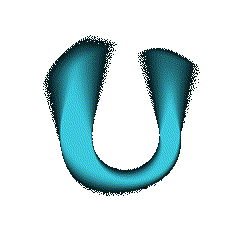The original version of the opera, in which recitatives were replaced by conversational dialogues in French, was chosen for the new Yekaterinburg Carmen. Aleksandr Titel heard Carmen arias as a "set of chansons"; and offered the artists to sing (and the audience to listen) as if they were performed by Mireille Mathieu, Edith Piaf and Charles Aznavour.
Each of the four acts is seen through the prism of a specific genre – a musical, a lyrical drama, an action, a tragedy. The decisive influence on the poetics of the play was inspired by the cinema: he used the atmosphere from movies of the new realism classics – Roberto Rossellini and Vittorio de Sica. It is set in a southern Spanish city during the dictatorship of Franco. The streets are a combination of extreme white heat, a feeling of inertia but an expectancy in the air — there is an overcrowded tram, smugglers are driving trucks and people are striving to the arena anticipating the bullfighting.
Bizet's Opera has been permanently in the Ural Opera's repertoire – for the last century it has been staged 13 times. The new Yekaterinburg Carmen is still the same beautiful Frenchwoman, but now she is given a greater sharpness and a more severe silhouette.






 спектакль доступен с тифлокомментированием
спектакль доступен с тифлокомментированием 
Best Director in Musical Theater (Alexander Titel)
Best Performance in Musical Theater (Nadezhda Babintseva)